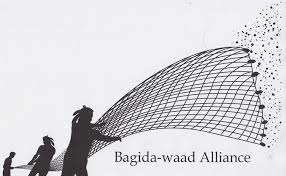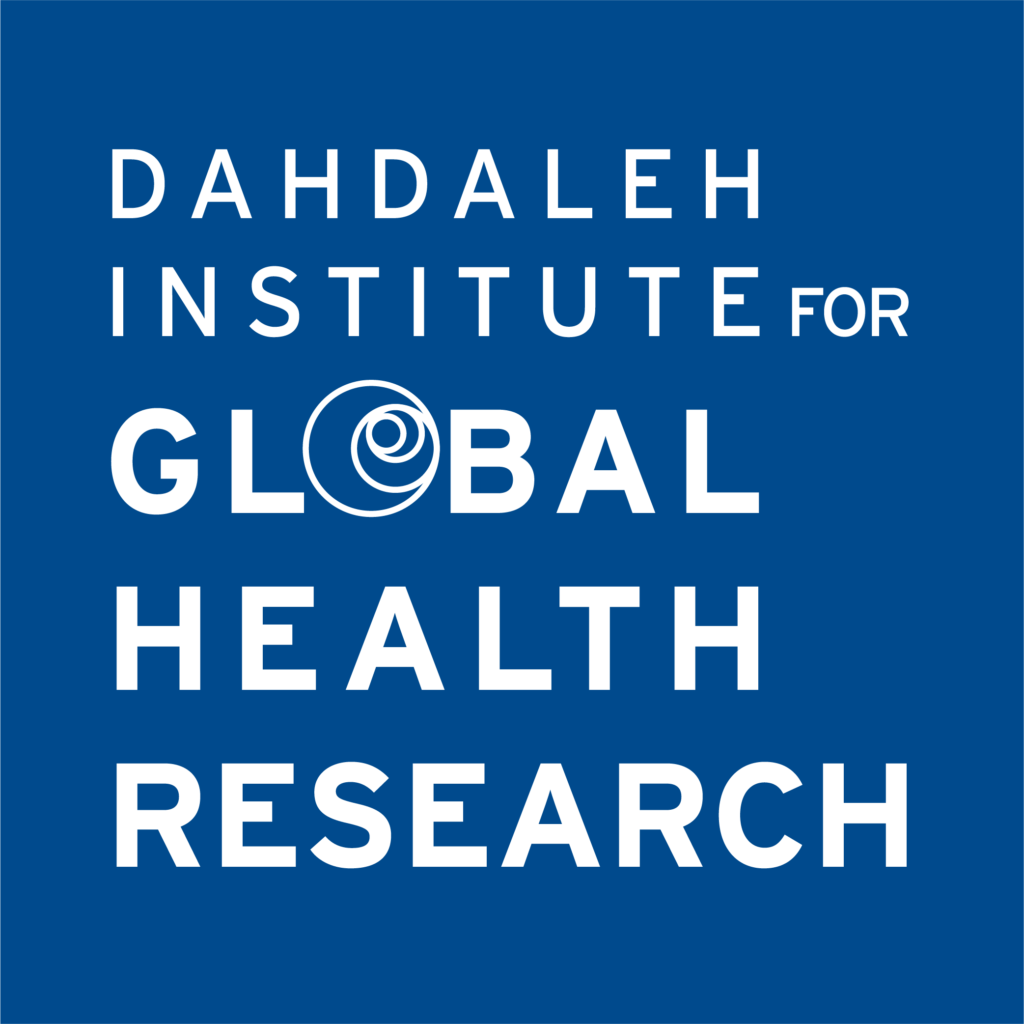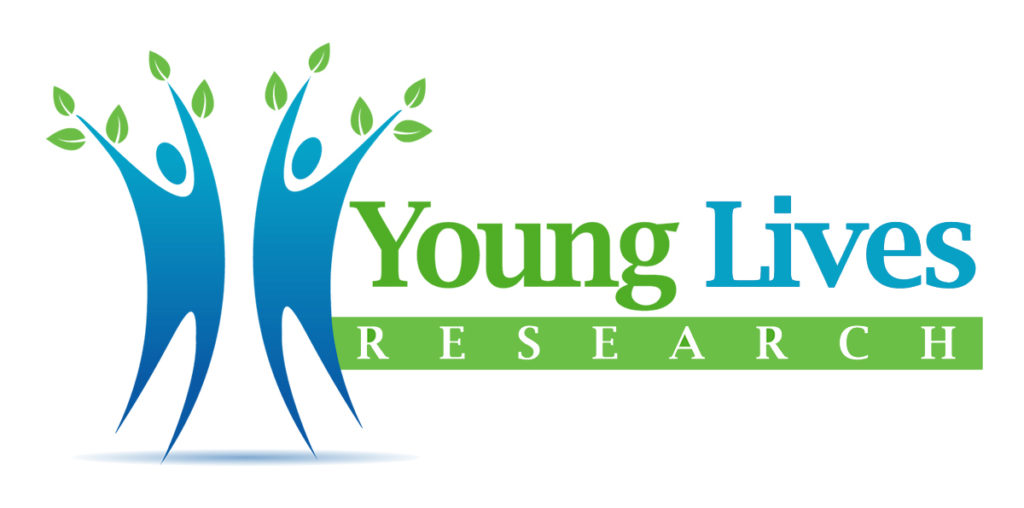Project
Last Updated on March 5, 2024
For eight years, commercial fishers of the Saugeen Ojibway Nation have observed increasingly dangerous fishing conditions caused by higher winds, severe storms, and warmer temperatures. These are the same forces which negatively affect populations of lake whitefish on Lake Huron and Georgian Bay.
New Journey to Save Fish: Oshki Maadaadiziwin Jaa Bimaaji’ut Gigooyike is a program to support Indigenous youth from the Saugeen Ojibway Nation as they participate in the community’s efforts to document these changes and adapt to climate change.
This project is a collaboration between the Bagida’waad Alliance, a not-for-profit corporation led by Chippewas of Nawash Fishing Families, the Dahdaleh Institute for Global Health Research, and the Young Lives Research Laboratory.
Program Overview
Ten Indigenous youth from the Saugeen Ojibway Nation will learn to effectively tell stories that communicate data, research, and life experiences related to climate change and planetary health. It is designed for Indigenous youth who want to use film to tell stories about the connections between environment, climate change, culture, and well-being.
During a five-day workshop, participants will receive training from film industry professionals and experts in the fields of environment, climate change, and culture. They will learn theories, techniques, and modes of social issue filmmaking and gain hands-on experience with digital technologies and platforms.
Following the training workshop, participants will have five weeks to record footage and interviews for their documentary films. During this time, youth will participate in weekly zoom check-ins and team meetings. In early October, participants will assemble their final films at a two-day hands-on editing workshop facilitated by professional film makers. The program will conclude with public screenings of the completed documentaries.
The completed films will be featured on the websites of the United Nations Framework Convention on Climate Change, the Bagida’waad Alliance, the Dahdaleh Institute for Global Health Research, and the Youth Climate Report, influential platforms used as a resource by policy-makers. They can also be shared widely on social media. The films will directly contribute to progressive policy creation on a global scale.
Stories
Participants will create short documentary films about how Indigenous peoples are experiencing and/or responding to climate change on Lake Huron and Georgian Bay. The films may tell a narrative story and/or communicate information which touches on any of the following:
- knowledge and understanding of climate change and its causes
- specific issues created or exacerbated by climate change such as water safety, displacement, conflict, food shortages, effects on livelihoods, changing patterns of infectious diseases, floods and droughts
- Indigenous sovereignty and climate action
- the relationship between environmental health and human well-being
- how the community is responding to climate change
- innovative or creative solutions to climate change
- innovative or creative health adaptations to climate change impacts
- visions for a healthier future and how to get there
Learning Outcomes
By the end of the program, participants are expected to have learned:
- how the documentary film is used as an influential communications tool for environmental and/or social activism
- to produce digital documentary films
- the value and process of filmmaking
- to conduct professional interviews with experts and knowledge holders
- oral presentation skills
- Planetary Health research and how research can influence policy and practice
Participants
This project is for Indigenous youth who want use film to tell stories about planetary health. Above all, we are looking for youth who are passionate about film, storytelling, and the links between human and environmental well-being.
Eligibility Criteria
Participants must be:
- Indigenous youth from the Saugeen Ojibway Nation
- 18 - 29 years old
Interested?
If you would like to participate in New Journey to Save Fish: Oshki Maadaadiziwin Jaa Bimaaji’ut Gigooyike, or to receive more information about it, please email bagidawaad@gmail.com to introduce yourself, or call 519-377-4560.
Organizers
People
Natasha Akiwenzie, Manager, Bagida’waad Alliance
Victoria Serda, Treasurer, Bagida’waad Alliance
James Stinson, PhD., Postdoctoral Fellow, Dahdaleh Institute for Global Health Research, York University
Organizations
New Journey to Save Fish: Oshki Maadaadiziwin Jaa Bimaaji’ut Gigooyike is a collaboration between the Bagida’waad Alliance, the Dahdaleh Institute for Global Health Research and the Young Lives Research Laboratory.
Bagida’waad Alliance

The Bagida’waad Alliance, led by Chippewas of Nawash Fishing Families, is registered as a not-for-profit corporation to do climate research on the waters of Lake Huron and Georgian Bay, to encourage youth to hear the stories of the Elders about the fish, and to do more active stewardship of the lands and waters. Bagida’waad means “they set a net” in Anishinaabemowin.
Dahdaleh Institute for Global Health Research

The Dahdaleh Institute for Global Health Research is committed to effectiveness, excellence and equity in global health. In order to participate in shaping a socially just global health, we engage transdisciplinary teaching, research, policy and practice that addresses major 21st century challenges of the global commons impacting global health. Our work is collaborative and transdisciplinary. The challenges of global health aren’t limited by academic categories, so neither are we.
Young Lives Research Laboratory

The Young Lives Research Laboratory houses Dr. Kate Tilleczek’s Canada Research Chair team and program of research. At Young Lives, we examine intersections of education and wellbeing during a time in which modern societies marginalize too many of our young people. We work across four integrated clusters of research and development with, for, and by young people.
This project has been funded through a Partnership Development and Partnership Engage Grant from the Social Sciences and Humanities Research Council.

Contact
For more information, including to express your interest in the program, please contact the Bagida’waad Alliance at bagidawaad@gmail.com or by phone at 519-377-4560.
Image Credit
Film Still / New Journey to Save Fish: Oshki Maadaadiziwin Jaa Bimaaji’ut Gigooyike / Bagida’waad Alliance / 2019
Themes | Planetary Health |
Status | Active |
Related Work |
N/A
|
Updates |
N/A
|
People |
You may also be interested in...
Recap — Fifth Annual Dahdaleh Global Health Graduate Scholars Symposium
The Dahdaleh Institute proudly supports graduate research and scholarly and creative activities in line with the three themes of planetary health, humanitarianism, and foresighting at York University. We held our 5th Annual Global Health Graduate ...Read more about this Post
Five York Researchers Awarded Seed Grants for Critical Perspectives in Global Health Research
Five York researchers have been awarded seed grants to carry out critical global health research and develop fuller grant proposals and research programs. Following a two-day workshop on critical perspectives in global health research in ...Read more about this Post
Recap – Embracing Indigenous Insights for Earth's Sustainability
April marks Earth Month, which is a time dedicated to promoting environmental protection and increasing awareness about our planet's challenges. Contemplating on this month’s theme, we look back and reflect on the perspectives of Dr. ...Read more about this Post
